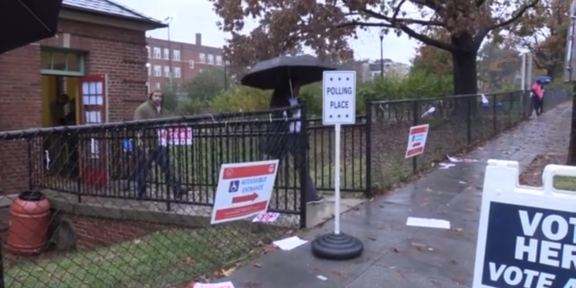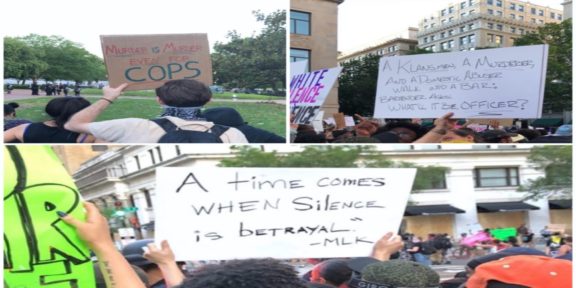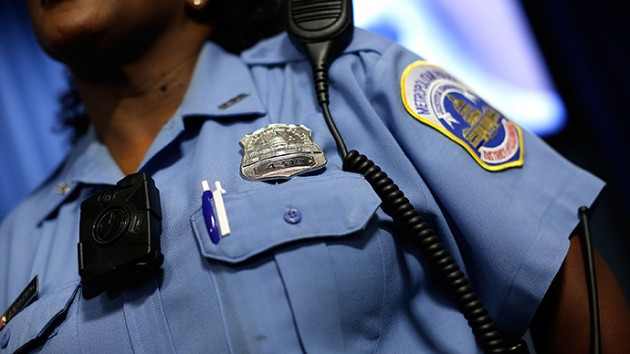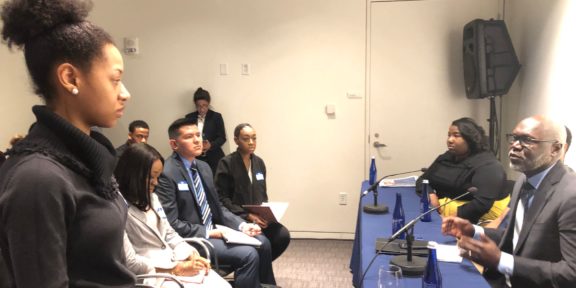California Senate Race

California Attorney General Kamala Harris, the odds on favorite to become the state's next senator, returned to her Howard University base.
WASHINGTON – Kamala Harris, the California attorney general and the early odds-on favorite to become the state’s first black U.S. senator, returned to her Howard University roots during homecoming week to raise money and reconnect with her sorority members, longtime friends and supporters.
Harris, who political experts say is the frontrunner in the race to replace retiring Sen. Barbara Boxer, hosted a few private events and fundraisers last week to further solidify her network of supporters.
“I came to reconnect with friends and supporters and hear their concerns,” she said.
Howard, she said, has been a special place in her career and her life.
“Howard is really a place that teaches us who we can be, and most importantly teaches us we can be anybody,” she said.
The attorney general said it was important to meet with her fellow members of Alpha Kappa Alpha Sorority’s Alpha Chapter, which was founded in 1908 at Howard University.
"My sorors support me spiritually and professionally,” Harris said. “That’s the great thing about a sisterhood.”
Harris’ time at Howard was spent studying economics and political science, arguing on the debate team and working with Howard University Student Association (HUSA).
It was at Howard where she won her first election, becoming the freshman class representative the College of Arts and Sciences. The experience molded her political career and sense of duty towards people who need their voices to be heard, she said.
“I was working with HUSA in our tiny office creating priorities around folks that needed a voice,” she said.
After graduating from Howard in 1986, Harris returned to her hometown in the San Francisco Bay area and earned a degree from University of California Hastings College of the Law.
Harris was deputy district attorney of Alameda County and district attorney of San Francisco before receiving the Democratic nomination for California attorney general in 2010.
One of Harris’ main priorities has been to reduce recidivism among California inmates. According to the California Department of Corrections and Rehabilitation 2013 Report, 61 percent of California inmates find themselves back in institutions within three years of release.
Harris, California’s first black woman attorney general, said as she talked with friends and others during homecoming week, they were focused on, “criminal justice reform, early education, minimum wage, the environment and immigration.”
Harris said she hopes to influence young women to be persistent and determined in chasing their own success.
“I always want to encourage young girls to never listen to or hear the word ‘no’,” Harris said, “I eat that word for breakfast. I hear ‘no’ maybe on the fifth time.”









